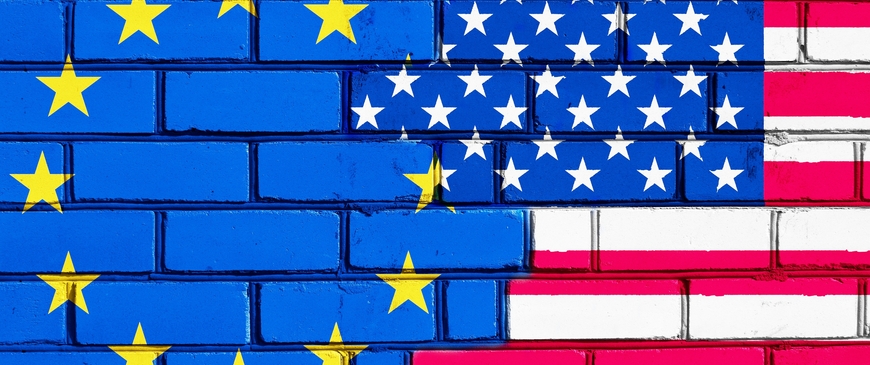
Taking the Pulse: Is the transatlantic relationship at a breaking point?
The transatlantic relationship is fracturing, but not so much between Europe and America as between competing visions of world order. The liberal idea of international relations emphasizes the rule of law to protect the weak from the strong, and territorial integrity. Until recently, it was self-evident that all Western governments subscribed—at least in theory—to that liberal view.
But there is a competing concept, beloved of “strongman” leaders, which is that big or powerful countries should enjoy spheres of influence in their neighborhoods. Smaller states should genuflect before larger neighbors. Vladimir Putin thinks this way and therefore does not want Ukraine to exist as an independent sovereign state. Chinese President Xi Jinping takes the same line. And so, we now know—since he talked of taking over Greenland, Canada, and the Panama canal—does Donald Trump. Consistent with this thinking, Trump is relaxed about Ukraine falling into Russia’s orbit.
Being quite small, most European countries back the liberal order. But several governments, such as those in Slovakia and Hungary, and a larger number of European opposition parties, implicitly support spheres of influence—and Russia. Meanwhile about half of America backs liberal principles. So the rift in the West is ideological more than geographical.
Read full article here.
